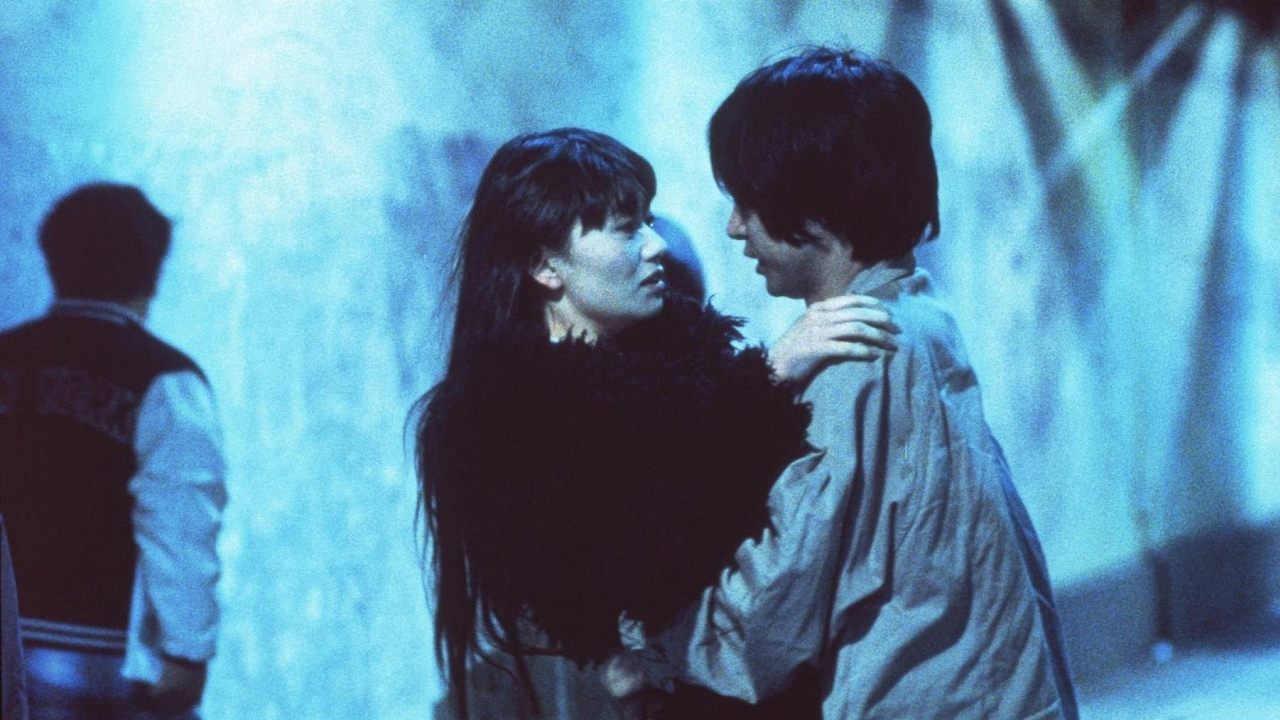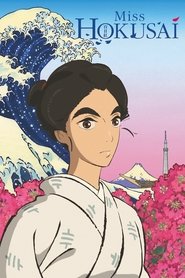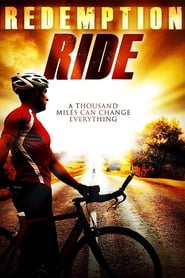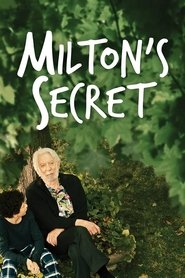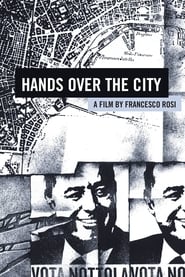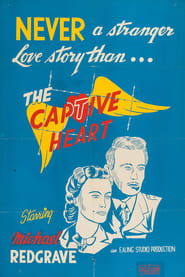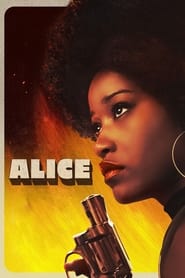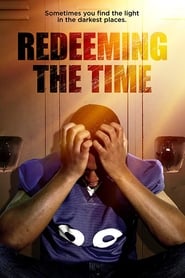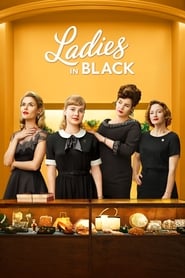
Video Sources 0 Views
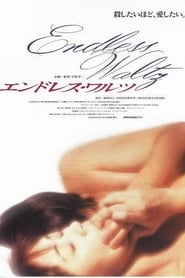
Synopsis
Watch: エンドレス・ワルツ 1995 123movies, Full Movie Online – Koji Wakamatsu’s biopic about a Japanese free jazz/improvisation saxophonist named Kaoru Abe..
Plot: Biopic about jazz saxophonist Kaoru Abe (Ko Machida) and his wife, noted writer Izumi Suzuki (Reona Hirota).
Smart Tags: #french_kiss #sex_scenes #japanese #avant_garde_musician #experimental_musician #female_topless_nudity #free_jazz #two_word_title #little_girl #relationship_problems #relationship_conflict #boy_girl_kiss #boy_girl_relationship #girl_boy_kiss #abuse #psychiatrist #harmonica #sunglasses #pregmant_woman #pregnant_woman #pregnancy
Find Alternative – エンドレス・ワルツ 1995, Streaming Links:
123movies | FMmovies | Putlocker | GoMovies | SolarMovie | Soap2day
Ratings:
Reviews:
Endless Waltz
In this film, essentially a double biopic of writer Izumi Suzuki and free jazz musician Kaoru Abe, Wakamatsu turns from the black-and-white micro-budget experimentation of the pinku era and towards what is, to all intents and purposes, a fairly conventional biographical film. Though there’s plenty of sex, it’s not the central fulcrum it is in the pinku films, and though there are some stylistic flourishes, the visual experimentation with which necessity was turned into stylistic virtue is also generally absent. Wakamatsu has to wrestle here with the pitfalls of the jazz biopic-reverence, romanticisation or normative condemnation-any of which would be easy to fall into given Abe’s life of addiction, abusive behaviour and early death, or the extremity of his music. But, if anything, Abe’s drug and alcohol ab/use is presented as incidental, and the film maintains a kind of critical distance, leaving it open to interpretation as to whether one sees Abe’s behaviour, both self-destructive and manifesting in the abuse of others around him-whether Izumi, who, in the film’s most difficult scenes, he assaults whenever she needles him, and of whose artistic abilities he appears to be jealous-as the inevitable, poete maudite cost of pursuing art to the fullest, or whether this is simply the self-conscious framing of a self-involved misogynist reading out Artaud’s Van Gogh as a kind of artistic self-justification for his behaviour (tortured machismo is machismo none the less).The film avoids the moralistic condemnation of alternative lifestyles that could equally reinforce the tortured artist myth, as when Izumi asks a doctor after Abe’s been instituionalised if the societal judgments that deem certain behaviour sane/insane, acceptable/unacceptable, and he responds that all the patients cite One Flew Over the Cuckoo’s Test: Wakamatsu seems to position himself in neither Izumi, Abe’s nor the doctor’s point of view. Clearly, Abe had mental health issues, exacerbated by substance abuse, and justified by the alternative lifestyle he and Izumi lived; this is not to excuse his misogynist behaviour, nor to turn him into a kind of suffering saint, and the scenes of Abe beating a pregnant Izumi could hardly be viewed with anything other than outrage and contempt. The closest thing to a voicing of such judgement comes about half-way through the volume in a documentary-style interlude where Keiji Haino recalls Abe as a pretentious bore who didn’t know how to listen/play with other musicians (the film shows Abe playing solitary shows to tiny audiences, rather than in the collective settings he occupied with Masayuki Takayanagi or Milford Graves, from whose tour he was banned after trying to one-up the drummer in a pointless act of ‘who can play the loudest and longest’ macho display). Through the film, we see Abe approached through layers of framing: the intellectuals who make up the core of Abe’s audience (generally, it seems, about half-a-dozen people) but who also seem to maintain a kind of intellectuals’ contempt for the ‘idiots’ they see perform, quoting Derrida or (mis)quoting Husserl from a position of lofty judgment in a kind of vicarious distancing; the judgments of neighbors, cops or doctors; the journalists eager to mythologise a ‘martyr’ to sell copies. Such often problematic framing acts might obviously extend to Wakamatsu himself, and the film is self-consciously set up to undercut the voyeurism of the biopic. The painful opening scene, repeated at the film’s close, sees Izumi hang herself in front of her child to the maudlin strains of ‘Amazing Grace’ rendered on a harmonica, while her child recounts that this is one of the few memories she has of her mother, and the film’s overall narrative is loosely framed in a conversation Izumi has on the phone to a publisher who wants a memoir of her life with Abe because ‘retro’ is in style (when both Abe’s and Izumi’s art was about destroying the point in the ruins of no future). Certain unexpected sentimental touches-particularly given the bleak attitude to sexual and human relationship in Wakamatsu’s better known ‘pink films’-generally accompanied by that warbled rendition of ‘Amazing Grace’ warbled on a harmonica, are head-scratching but apparently sincere-most notably, when ghostly versions of Abe and Izumi walk off into a heavenly cloud, holding hands, after Izumi’s suicide. Such moment seems at once to challenge and to reinforce the sensational recollections of Abe’s life Izumi is asked to provide.
What of politics-which, given his other work, we might expect Wakamatsu to stress? The political atmosphere of repression and far left resistance that often forms the milieu for Wakamatsu’s pink films here forms a kind of ambient texture-the TV presenting news of police violence or a far left terrorist act while Izumi tries to write, the activist ex-boyfriend she meets after sheltering him the violent break-up of a student demonstration-and it’s at times hinted that the artistic/political experimentation of that era has ended either in suicide (Izumi or Abe), conformity (the activist is seen cleaned up and apparently running for political office on the street), or empty journalistic nostalgia. The film suggests that the art produced from this era-expressive of, parallel to, or even a contradiction of-its radical politics, is neither a political tool in itself, nor simply nihilism, nor something to romanticise, and is often about craft and work, against the vitalist myths often built up around it (and into which Abe seemed to buy wholeheartedly). Thus, while, in one scene Izumi, having consumed countless pills and a bottle of whiskey with Abe, cuts off her own toe as an ‘anatomical experiment’, she’s more often shown as often practicing her art at the corner desk from which Abe viciously interrupts her, or in the small flat she shares with their daughter after his death, and in that sense, her patient and careful devotion to writing contrasts with Abe’s often needlessly selfish pursuit of what he calls ‘the sound’. Ultimately, without trying to justify or explain (away) either the art or the life, the film shows Abe as *both* self-mythologising / obnoxious *and* someone who produced work of grave and terrifying beauty: we see Abe’s destructive and violent behaviour; we also see Abe’s concerts as entities in themselves, rather than as backdrops to narrative momentum (as in the more conventional music biopic). They are what they are. By not trying to scratch their surface, the film does more justice to them than a more sensational or romantic approach might; at the same time, it centres Izumi and suggests the ways in which artistic transgression too often serves as cover for the same patterns of masculine violence, selfishness, abuse and control. Abe’s music remains devastatingly open, raw and unnerving; these very recordings would be made after he’d just beaten up his wife; Izumi was an independent artist and not simply a victim or a side-note in Abe’s story. These elements of two painful and entwined lives can’t be easily foreclosed or resolved, and ‘Endless Waltz’ doesn’t try. As such, it’s a powerful and troubling film.
Review By: dmgrundy
Other Information:
Original Title エンドレス・ワルツ
Release Date 1995-10-06
Release Year 1995
Original Language ja
Runtime 1 hr 42 min (102 min)
Budget 0
Revenue 0
Status Released
Rated N/A
Genre Biography, Drama, Music
Director Kôji Wakamatsu
Writer Masao Adachi, Mayumi Inaba, Shosei Shinma
Actors Leona Hirota, Kou Machida, Haruko Sagara
Country Japan
Awards N/A
Production Company N/A
Website N/A
Technical Information:
Sound Mix Dolby
Aspect Ratio 1.78 : 1
Camera N/A
Laboratory N/A
Film Length N/A
Negative Format 35 mm
Cinematographic Process N/A
Printed Film Format 35 mm
Original title エンドレス・ワルツ
TMDb Rating 5.8 6 votes
Director
Director


